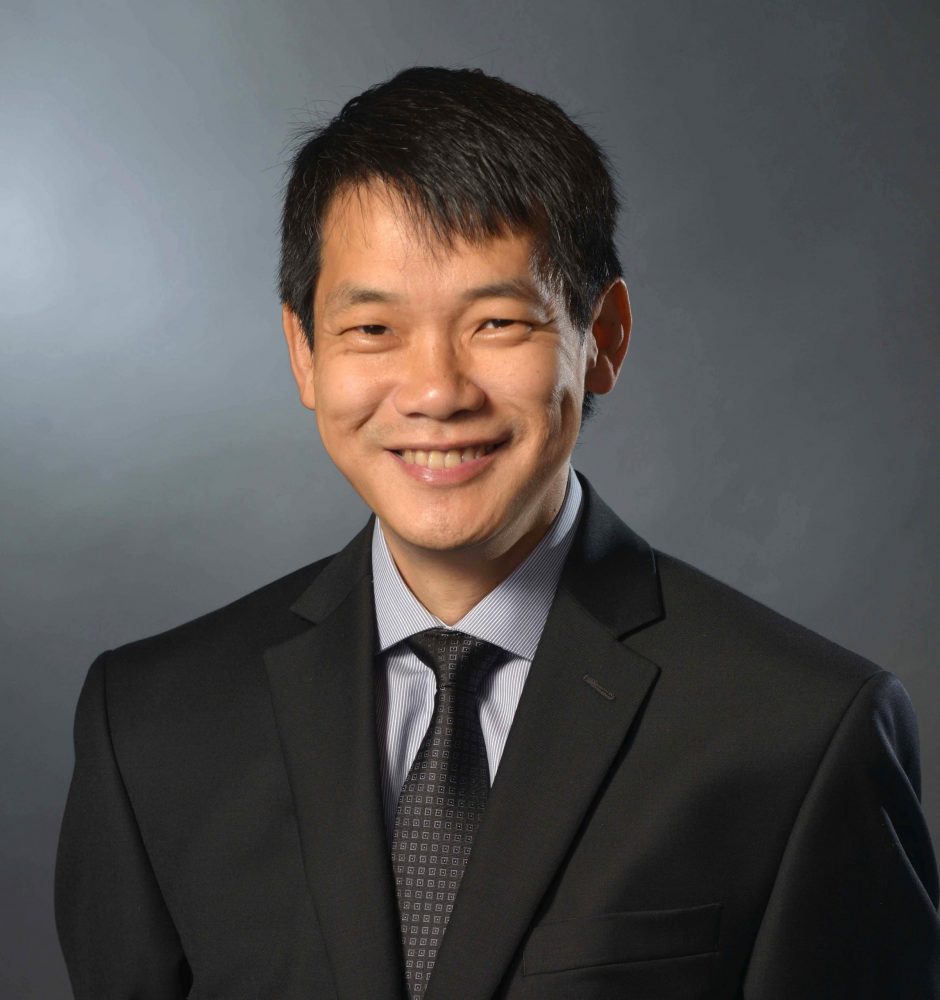This paper provides a general analysis of signaling under double-crossing preferences with a continuum of types. There are natural economic environments where the indifference curves of two types cross twice, such that the celebrated single-crossing property fails to hold. Equilibrium exhibits a threshold type below which types choose actions that are fully revealing and above which they pool in a pairwise fashion, with a gap separating the actions chosen by these two sets of types. The resulting signaling action is quasi-concave in type. We also provide an algorithm to establish equilibrium existence by construction.

2857 8505
KK 1014
The lack of hard evidence in allegations about sexual misconduct makes it difficult to separate true allegations from false ones. We provide a model in which victims and potential libelers face the same costs and benefits from making an allegation, but the tendency for perpetrators of sexual misconduct to engage in repeat offenses allows semiseparation to occur, which lends credibility to such allegations. Our model also explains why reports about sexual misconduct are often delayed, and why the public rationally assigns less credibility to these delayed reports.
An agent performing risky experimentation can benefit from suspending it to learn directly about the state. ‘Positive’ information acquisition seeks news that would confirm the state that favours experimentation. It is used as a last-ditch effort when the agent is pessimistic about the risky arm before abandoning it. ‘Negative’ information acquisition seeks news that would demonstrate that experimentation is futile. It is used as an insurance strategy to avoid wasteful experimentation when the agent is still optimistic. A higher reward from risky experimentation expands the region of beliefs that the agent optimally chooses information acquisition rather than experimentation.





